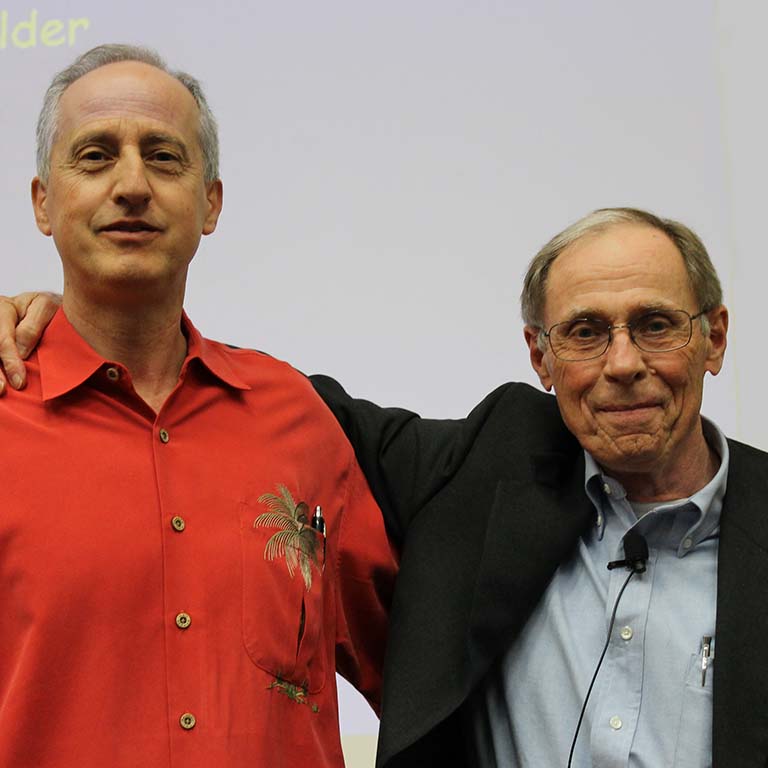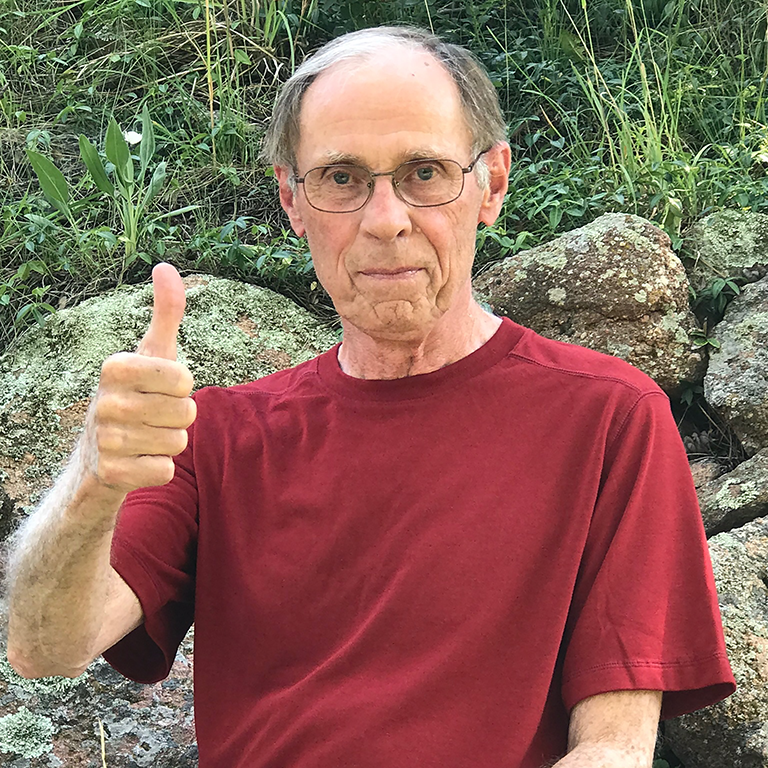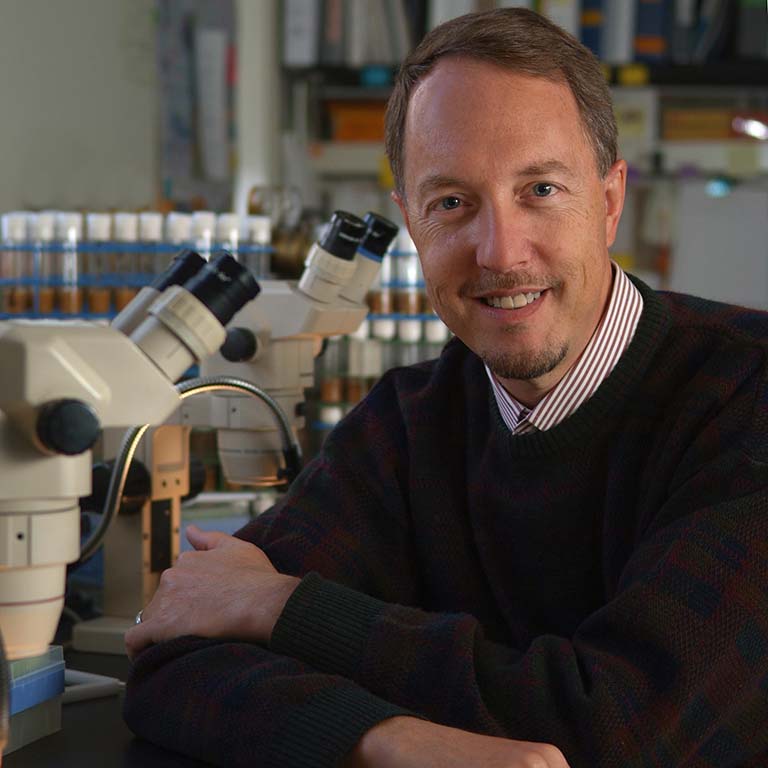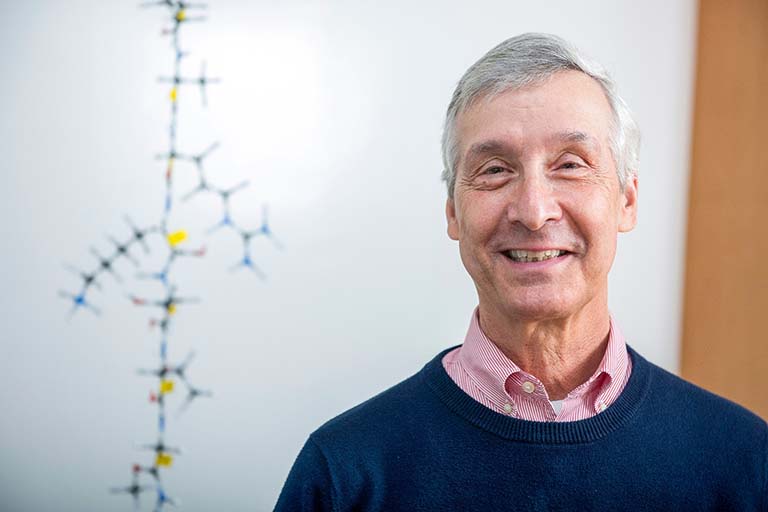We bring to your attention three esteemed alumni of IU Biology: Norman R. Pace [B.A. ‘64], C. David Allis [Ph.D. ‘78], and Paul Hardin [Ph.D. ‘87].
We also call to your attention IU Biology’s two newest lecture series: the Norman R. Pace Lecture and the Distinguished Alumni Award Lecture. Inaugural presentations for each of the lecture series were made this year.




 The College of Arts
The College of Arts